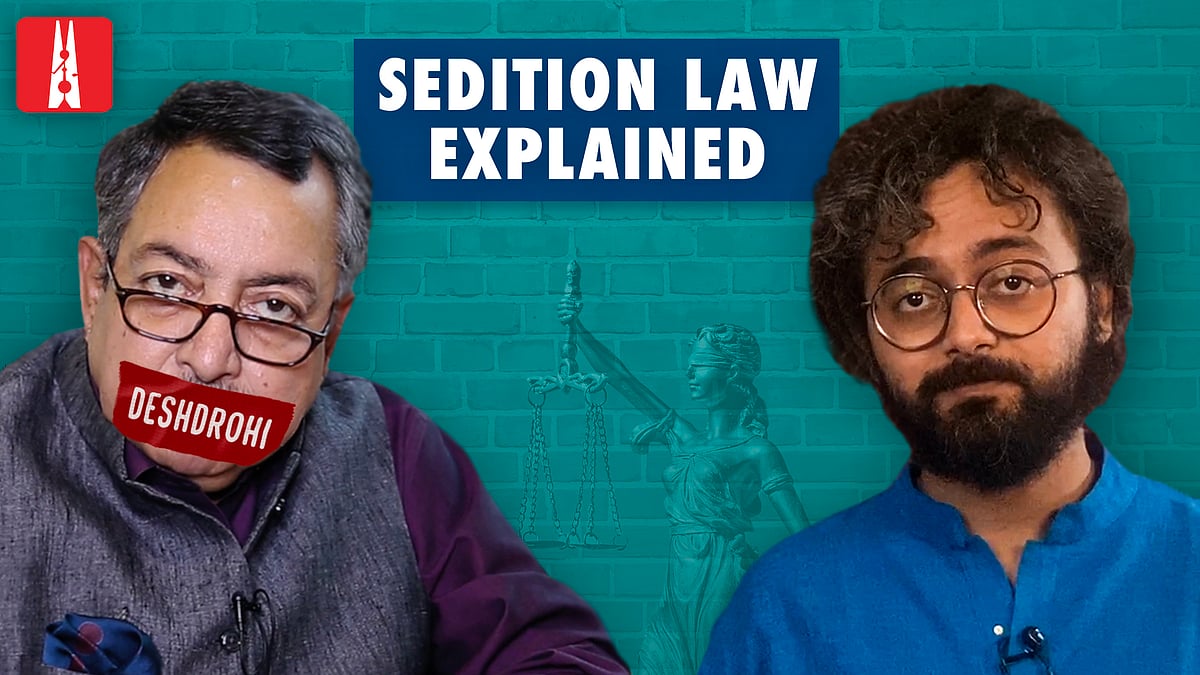Journalists Patricia Mukhim and Anuradha Bhasin move Supreme Court against sedition law
They contended that it was being used to 'intimidate, silence and punish scribes'.
Journalists Patricia Mukhim and Anuradha Bhasin moved the Supreme Court today challenging the constitutional validity of the sedition law, Indian Express reported. Mukhim is the editor of Shillong Times while Bhasin is the owner of Kashmir Times.
In their plea, the journalists contended that Section 124A (sedition) of the Indian Penal Code was being used to “intimidate, silence and punish scribes” and that it will continue to “haunt and hinder” the right to free speech and the freedom of the press.
The plea stated: “The three-tier categorisation of the punishment for the offence of sedition, ranging from life imprisonment to fine simpliciter, without any legislative guidance for sentencing, amounts to granting unbridled discretion to judges, which is hit by the doctrine of arbitrariness and violates Article 14 (equality before law).”
Earlier, the apex court had expressed concern over the “misuse” of the sedition law and had meditated over the fact if the “colonial law” was still needed 75 years after independence. While hearing a petition challenging the law, Chief Justice of India NV Ramana had said, “It’s a colonial law. It was meant to suppress the freedom movement. The same law was used by the British to silence Mahatma Gandhi, Tilak, etc. Still, is it necessary after 75 years of independence?”
On July 16, the People's Union for Civil Liberties had filed a plea challenging the constitutional validity of the sedition law. Former union minister Arun Shourie also moved the apex court last week saying the law was being "heavily abused".
 Explained: Why does India still have a colonial sedition law?
Explained: Why does India still have a colonial sedition law?